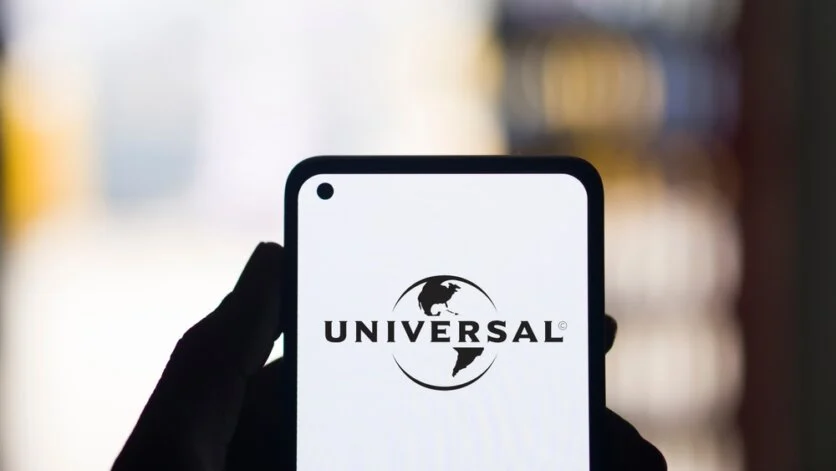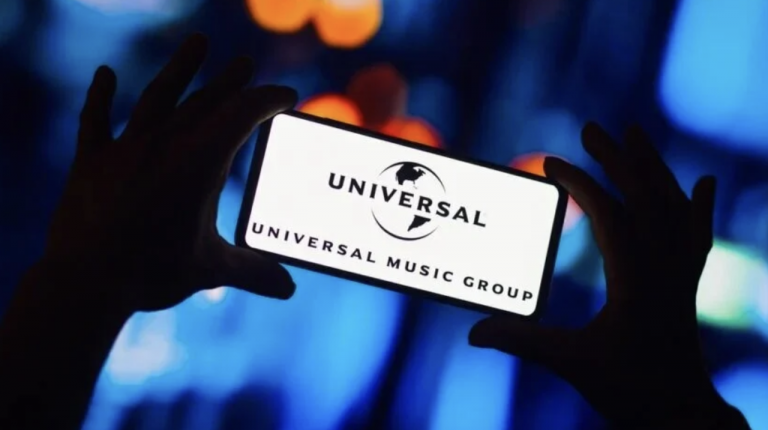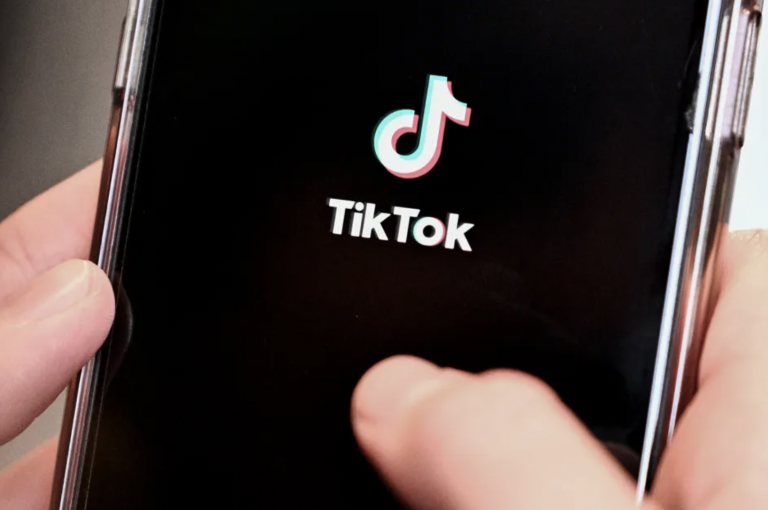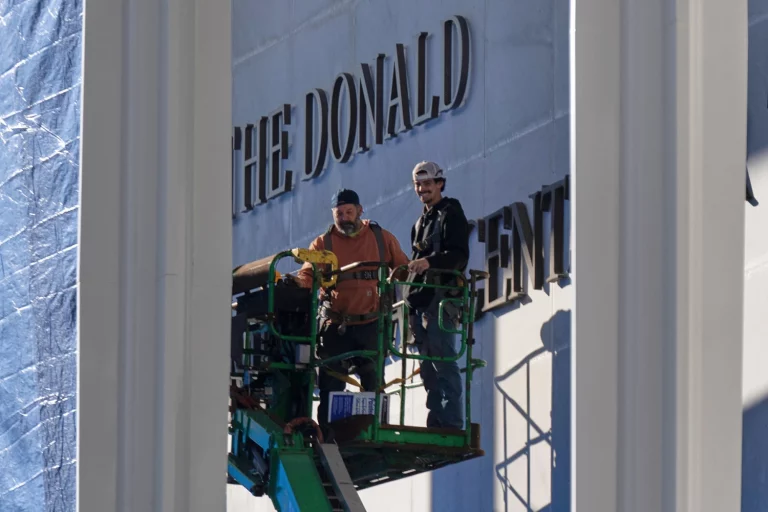
Mojahid Mottakin / Shutterstock
The global music industry is once again watching Brussels closely. The European Commission (EC) has officially restarted its Phase II competition probe into Universal Music Group’s (UMG) massive proposed acquisition of Downtown Music Holdings, a deal valued at a staggering $775 million. The investigation, which began in earnest back in July, had been temporarily paused—or had the “clock stopped,” in EC parlance—since September 2 after the Commission requested important information that was reportedly not delivered in a timely fashion. Now that the clock is ticking again, the EC has set a new, long-term provisional deadline of February 6, 2026, to decide the fate of this major transaction.
The Competition Concerns and EC’s Stance
Why the intense scrutiny? The EC has voiced preliminary concerns that if the deal goes through, it could allow UMG to significantly reduce competition in the wholesale market for recorded music distribution within the European Economic Area (EEA). Specifically, the regulatory body is worried that the merger would grant the music giant access to “commercially sensitive data of its rival record labels.” This isn’t just bureaucratic red tape; it’s a fundamental question about market fairness. UMG, however, remains outwardly optimistic. A spokesperson stated that they are “continuing to work constructively with the European Commission” and are “confident that the Commission will recognize the benefits of the transaction for artists, labels, and independent music in Europe, and clear the transaction in a timely manner.”
Battle Lines Drawn: Independents vs. the Major
This move has triggered a fresh wave of debate, highlighting a deep divide within the music ecosystem. Standing firmly against the acquisition are numerous players from the independent music sector. Groups like IMPALA (the independent music representative) and the European Composer & Songwriter Alliance (ECSA) are leading the charge, actively urging the EC to block the deal. IMPALA recently published a paper arguing that the acquisition would ultimately damage “cultural diversity” by reducing revenue for indie labels, leading to fewer and less diverse music releases across Europe. Their campaign has gathered support from the heads of major independents, including Beggars and Secretly Group. Meanwhile, Downtown Music CEO Pieter van Rijn and Virgin Music Group bosses have pushed back, addressing what they call “juvenile and offensive falsehoods” and “misinformation” spread by opponents.
Key Takeaways from the Revived Probe
With the investigation back on track, all eyes are on the 2026 deadline. The core message is clear: the EC is taking a hard look at how the proposed UMG/Downtown merger could reshape the competitive landscape of European music distribution. The industry debate is less about the $775 million price tag and more about preserving diversity and ensuring a level playing field for independent artists and labels. Whether the EC will ultimately clear the transaction, impose conditions, or block it entirely remains the biggest question looming over the global music business.






